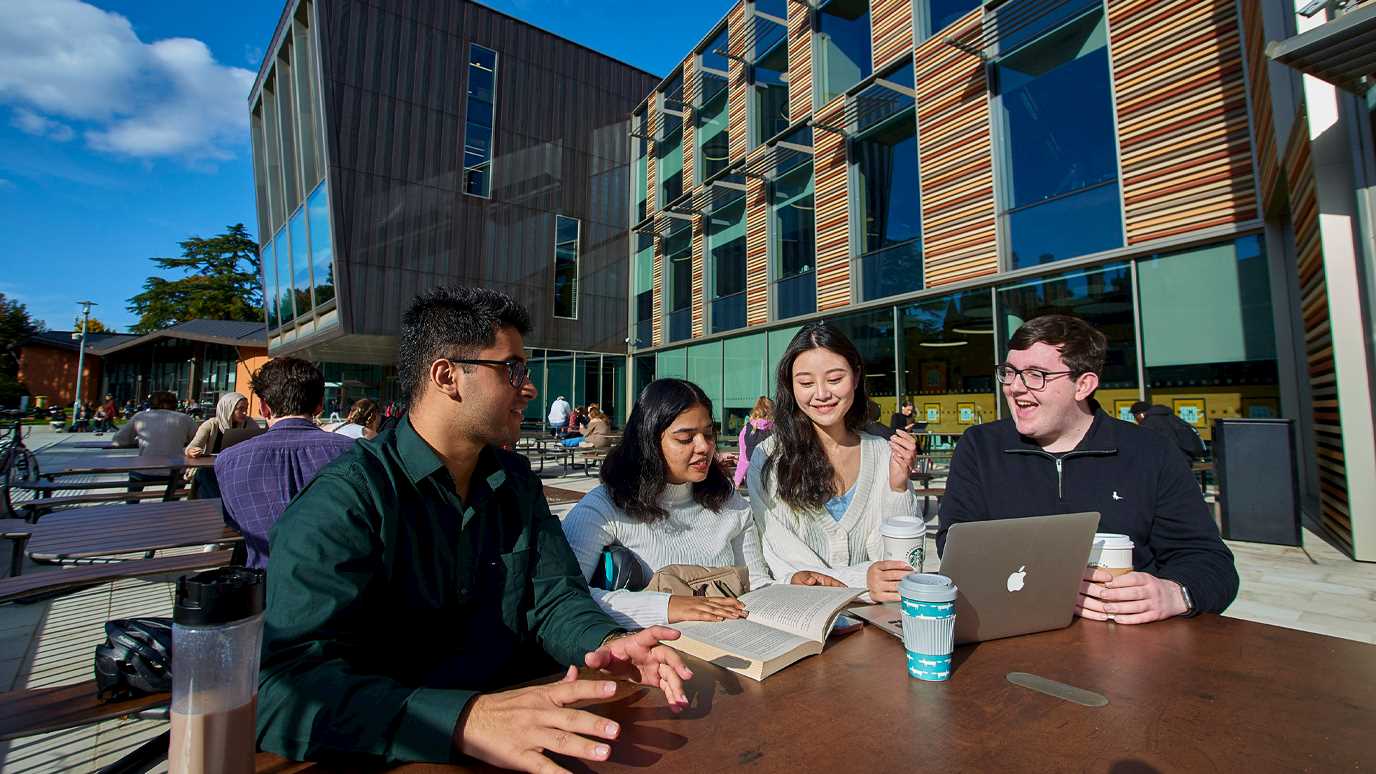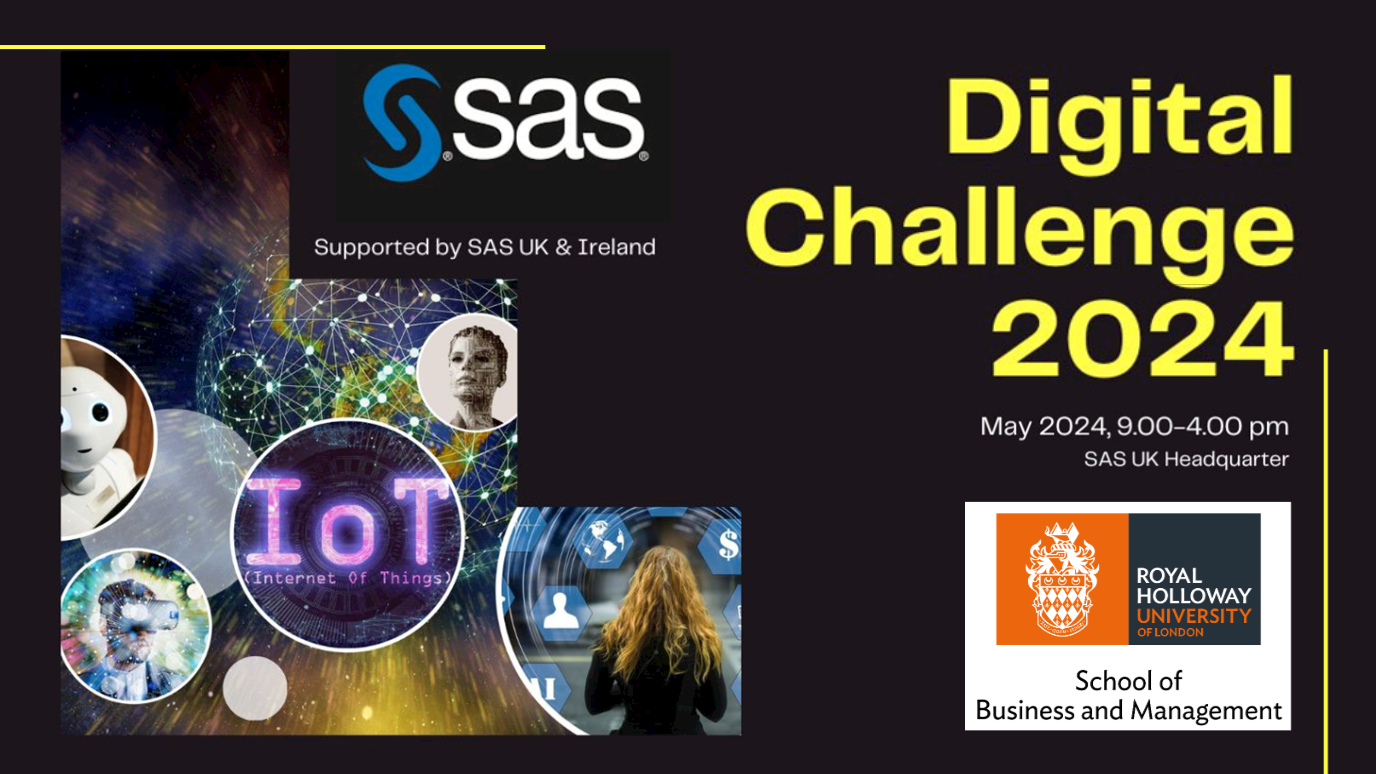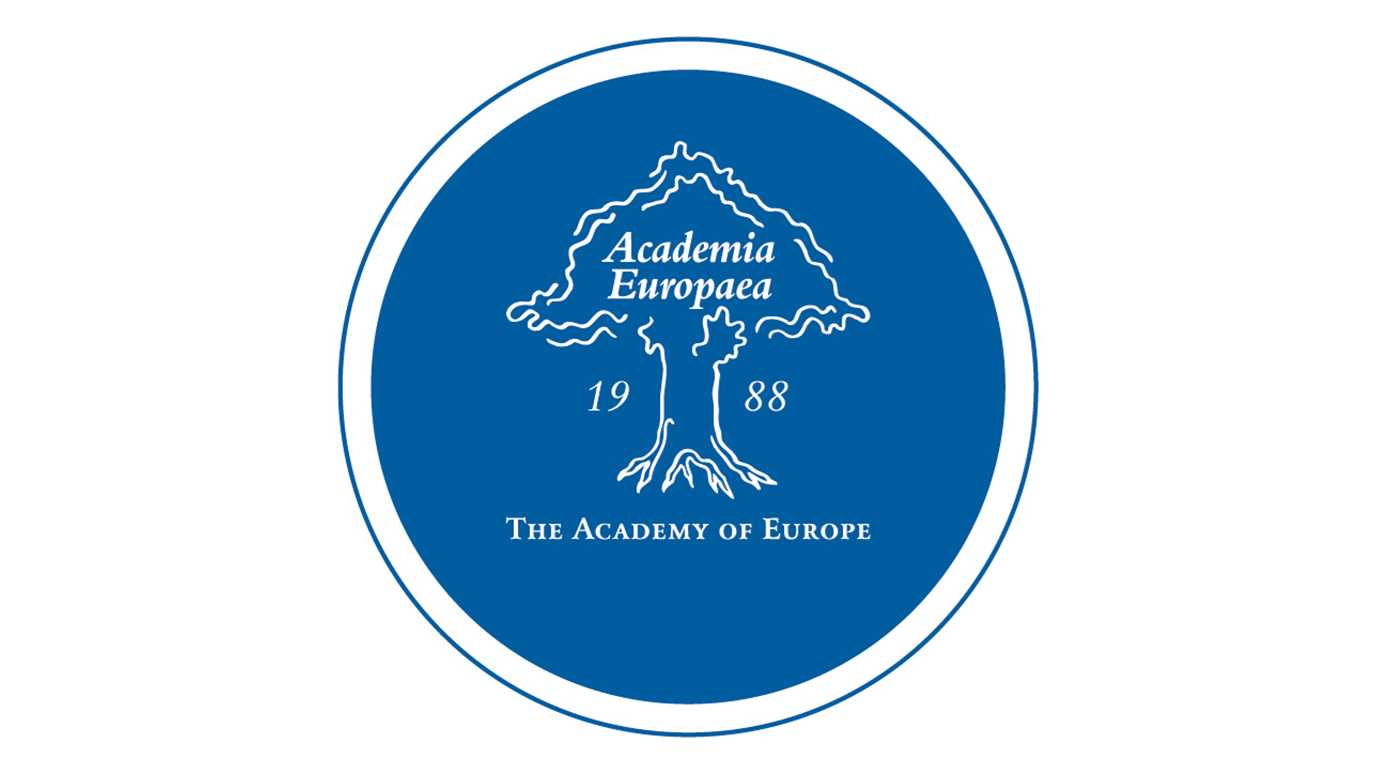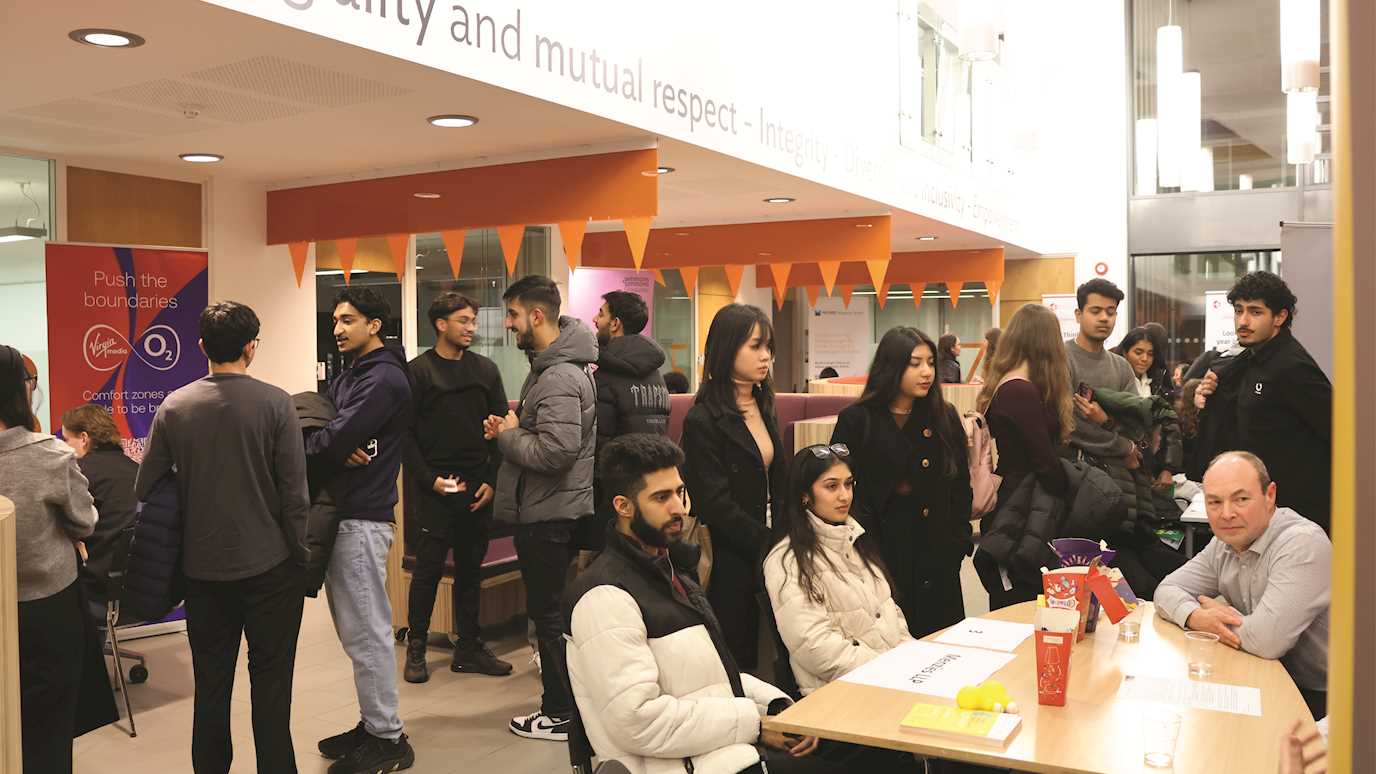Professor of Digital Innovation Management G 'Hari' Harindranath describes the work undertaken as part of the UKRI GCRF MIDEQ Work Package 9 portfolio, alongside colleagues Dr Maria Rosa Lorini and Professor Tim Unwin.
Our work package on digital technologies and inequality is an ‘intervention’ work package within the UKRI GCRF funded MIDEQ Hub on South-South Migration, Inequality and Development. We are currently working with migrants, migrant organisations, and tech companies with the support of international organisations to co-design and implement sustainable digital interventions that will help to reduce migrant-defined inequalities in Nepal and South Africa. This intervention work builds on our extensive research with migrants in multiple countries.
The following the three main WP9 principles underline all our efforts:
- There is nothing inherently good about digital tech; our digital interventions should do no harm.
- Digital interventions can have unintended consequences; we will therefore work ‘with’ migrants, and definitely not ‘for’ or ‘on’ them.
- We will use participatory methods in our work with migrants, migrant organisations, local tech developers and other stakeholders.
The initiatives are already having a direct impact on the participants attending our training sessions and workshops as well as on the local organisations involved. While the participants gain digital skills, share knowledge, and empower each other, the organisations are strengthening existing collaborations and developing new networks.
Nepal
Our work in Nepal kicked off in September 2022 with a sandpit and workshop led by Professor G Hari Harindranath (School of Business and Management) and Dr Maria Rosa Lorini (School of Business and Management) with Professor Tim Unwin (UNESCO Chair in ICT4D & Geography) joining remotely that brought together returnee migrant women and men, several key migrant organisations, digital tech and media organisations and local researchers from Nepal to collectively work together to arrive at ideas for one or more digital interventions that can be beneficial to migrants, returnees and their families in Nepal. The sandpit and workshop resulted in three main ideas for digital interventions which are now in full swing with a further WP9 visit planned for late January 2023.
- Migrant Navigator (Pardesiko Sarathy), a one-stop-shop for migrants using digital tech - This intervention aims to develop a digital gateway/portal that provides links to all migration related information in one place that can be trusted by migrants.
- Preparing migrants for secure, safe and wise use of digital tech – Here the focus is on developing a one-hour digital preparedness programme on secure, safe and wise use of digital tech by migrants in the local languages.
- Information sharing and awareness for migrants – This intervention will ensure that the first two are disseminated to address the widespread lack of awareness of migration related processes, apps and information.
South Africa
In South Africa our digital interventions aim to address inequalities and discrimination faced by migrants and to provide migrants the basic skills in using digital tech safely and wisely. Three sets of activities led by Dr Maria Rosa Lorini in Johannesburg and Cape Town were completed in late 2022, with a subsequent visit planned in early-mid 2023. These were undertaken with the support and collaboration of local organisations working with migrants in Cape Town and Johannesburg, a video production company and digital literacy trainers.
- A series of videos by migrants for migrants developed in Johannesburg and Cape Town – These videos cover a range of issues from the safe use of digital tech to lifestyle matters relevant to migrant communities. They help migrants share their knowledge while their role as content creators and presenters provide authenticity for the issues covered and create a trust effect among migrant communities. You check out some of the videos created by migrants HERE!
- Workshops on communication, video creation and editing - These co-design workshops, held in both Cape Town and Johannesburg, were based around themes identified by migrants leading to the creation of videos. They also covered the safe and secure use of digital technologies as well as ethical aspects related to the creation of video content.
- Co-design workshops developing peer-to-peer networks and improving digital skills – Here the focus was on training community leaders and activists to build safe offline solutions to connect vulnerable migrants residing in the same neighbourhood during emergency situations when no mobile data is available.
Our follow-up visits to both Nepal and South Africa will include further collaborative efforts to learn lessons from the experiences as well as to ensure that these interventions are sustainable beyond the life of the MIDEQ project. For further information, please contact Professor G Hari Harindranath at g.harindranath@royalholloway.ac.uk.
This news item first appeared in a slightly edited version at https://www.mideq.org/en/impact/digital-tech-inequality-and-migration/























